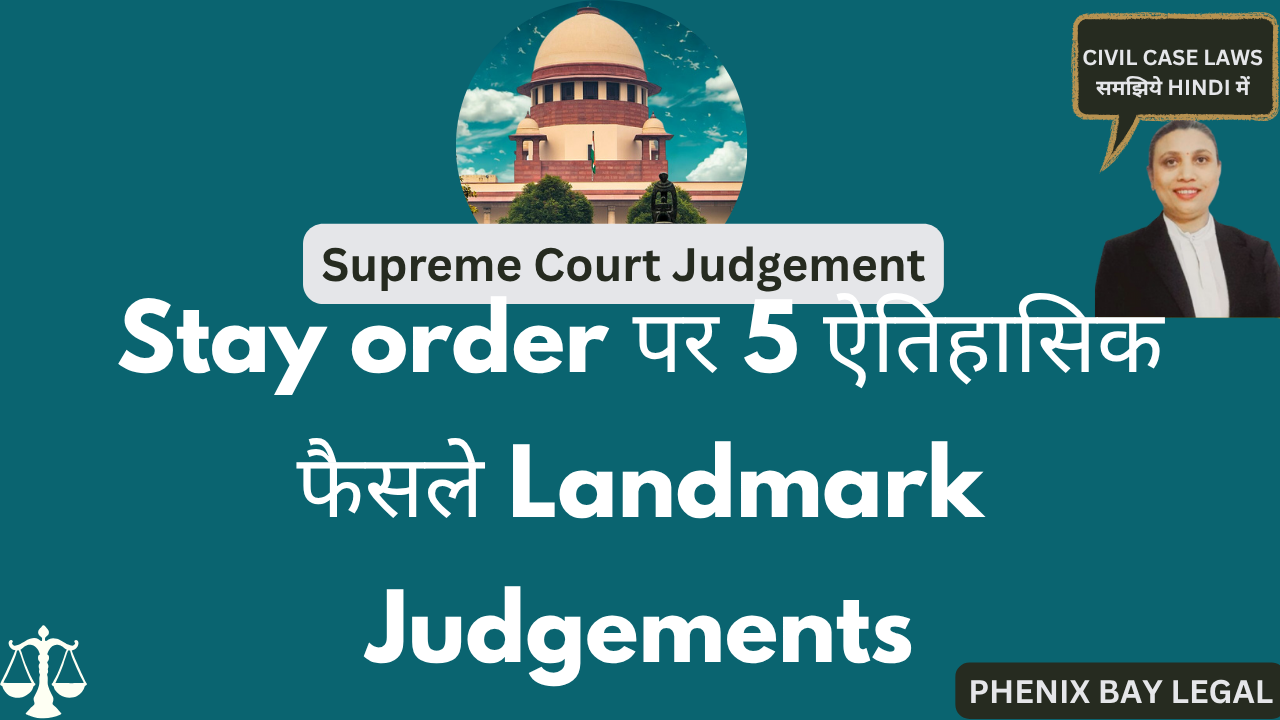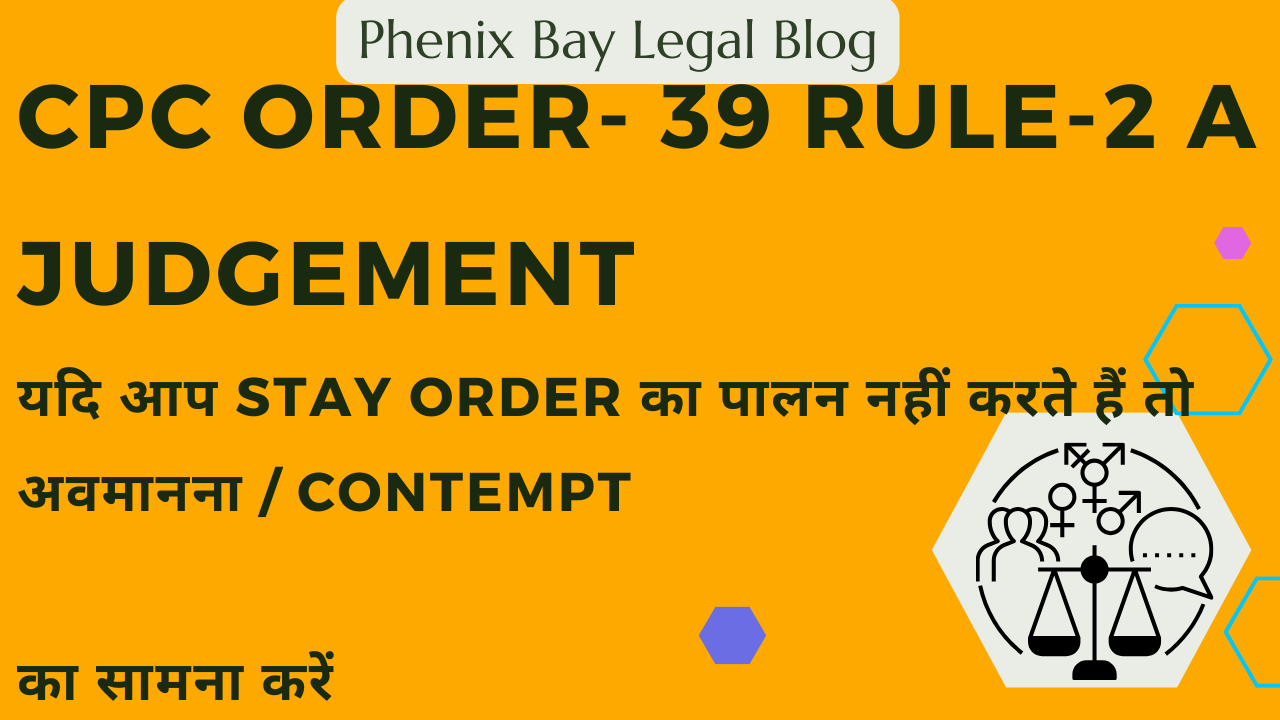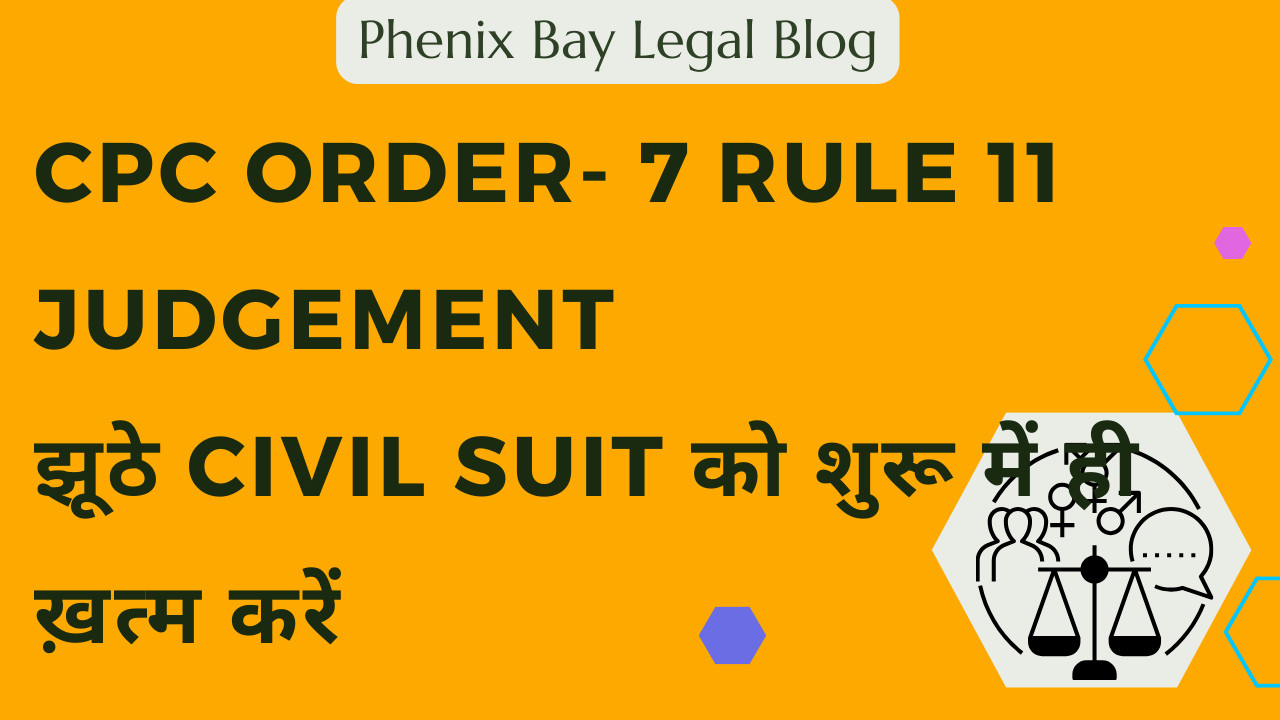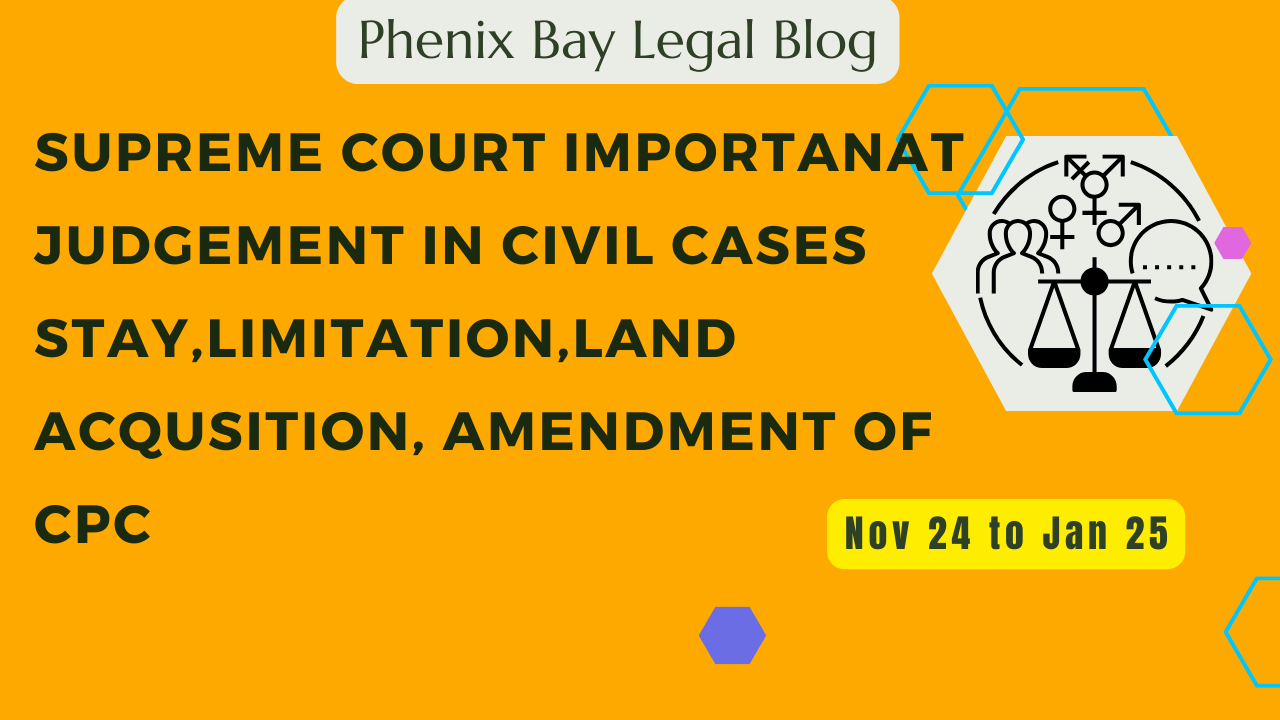
Joint Will and Important Points
A joint will is a legal document that is created by two individuals, usually a married couple, which combines both their wills into a single document. A joint will typically outlines the distribution of assets and property upon the death of both parties, and is considered binding upon the death of the first spouse. In India, a joint will is governed by the Indian Succession Act of 1925, which outlines the legal requirements and provisions for creating and executing a joint will.
Creating a joint will is a popular option for married couples in India who want to ensure their assets and property are distributed according to their wishes after both spouses have passed away. A joint will is a legal document that combines the wills of both spouses into a single document.
In India, joint wills are governed by the Indian Succession Act of 1925. There are several important points to consider when creating a joint will in India, and it is essential to follow all the legal requirements to ensure the will is legally binding.
This article will discuss what a joint will is, the benefits of creating one, and important points to consider when creating a joint will in India.
What is a joint will?
A joint will is a legal document created by two individuals, usually a married couple, which combines both their wills into a single document. The joint will typically outlines the distribution of assets and property upon the death of both parties and is considered binding upon the death of the first spouse.
The purpose of creating a joint will is to ensure that both spouses' wishes are carried out after they have passed away. Joint wills can help prevent disputes between family members over the distribution of assets, which can often occur if there is no clear plan in place.
Benefits of creating a joint will
There are several benefits of creating a joint will in India, including:
-
Clarity: A joint will can provide clarity on how assets and property will be distributed upon the death of both parties. This can help prevent confusion and disputes between family members.
-
Convenience: A joint will is a convenient way for a married couple to combine their wills into a single document. This can save time and money compared to creating separate wills.
-
Flexibility: A joint will can be amended or revoked by both parties during their lifetime. This means that the terms of the joint will can be changed if circumstances change.
Important points to consider when creating a joint will in India
When creating a joint will in India, there are several important points to consider to ensure the will is legally binding:
- Both parties must be of sound mind and capable of making decisions.
Both parties must be of sound mind and capable of making decisions. This means that they should not be under any undue influence, coercion, or pressure from any external party. This is to ensure that both parties are making decisions freely and are not being manipulated into making a particular decision.
- Both parties must be in agreement about the terms of the joint will.
Both parties must be in agreement about the terms of the joint will. This means that they should discuss and agree upon the distribution of assets and property upon their death. This is to ensure that both parties' wishes are reflected in the joint will.
- The joint will should be properly executed in accordance with the Indian Succession Act of 1925.
The joint will should be properly executed in accordance with the Indian Succession Act of 1925. This includes signing the document in the presence of two witnesses and registering it with the appropriate authorities. This is to ensure that the joint will is legally binding and enforceable.
- The joint will should clearly outline the distribution of assets and property upon the death of both parties.
The joint will should clearly outline the distribution of assets and property upon the death of both parties. This may include provisions for the distribution of assets to children, other family members, or charitable organizations. This is to ensure that the wishes of both parties are clearly stated in the joint will.
- The joint will should include provisions for the appointment of an executor.
The joint will should include provisions for the appointment of an executor, who will be responsible for managing the distribution of assets and property in accordance with the terms of the will.
More >>

Landmark Judgement on Injunction
In civil, commercial, or even family disputes. But when is a simple injunction suit enough? When do you need to add a declaration of title? And how do courts balance urgency vs evidence in interim relief?

Case Analysis: Stay Order Violation and Contempt of Court by Supreme Court of India
Giving an undertaking to the court is equivalent to an order of injunction—any violation invites contempt proceedings.Injunction orders remain valid until formally vacated by a court—violation before vacation can lead to punishment.

Order 7 Rule 11 of CPC Explanation in Land Mark Judgement
The Sopan Sukhdeo Sable judgment is a landmark ruling that reinforces Order 7 Rule 11 of CPC as a safeguard against frivolous and legally untenable claims. It highlights the importance of examining only the plaint’s contents to decide whether a suit should be dismissed at the threshold.

CPC Order- Order 14 to 20 Explanation IMPORTANT CASE LAWS +MCQ’S for Judiciary Exam Preparation
CPC Order- Order 14 to 20 Explanation IMPORTANT CASE LAWS +MCQ’S for Judiciary Exam Preparation

Supreme Court ImportanatJudgement - Landlord Tenant Bonafide need
This case involves a dispute over eviction of a tenant based on the bona fide need of the landlord. The Supreme Court ruled in favor of the landlord, reversing the High Court's decision. Below is a detailed breakdown of the judgment with relevant legal principles, precedents, and reasoning.

Important Civil Cases Judgement from Supreme Court - November 24 to January 2025
Supreme Court Importanat Judgement in Civil Cases related to Stay,Limitation,Land Acqusition, Amendment of Civil Procedure Code